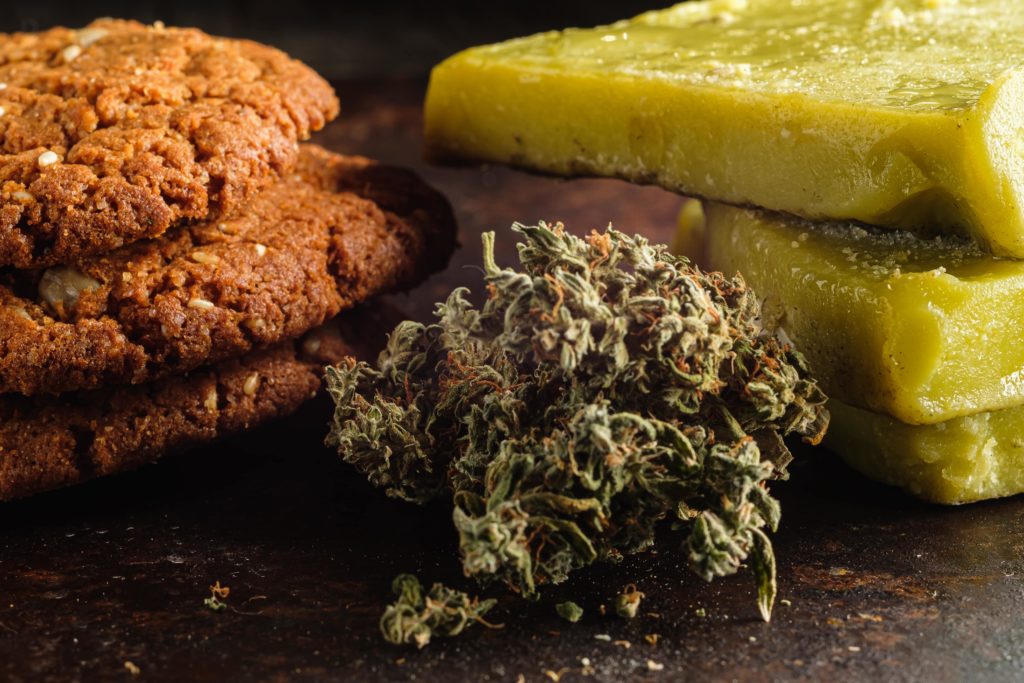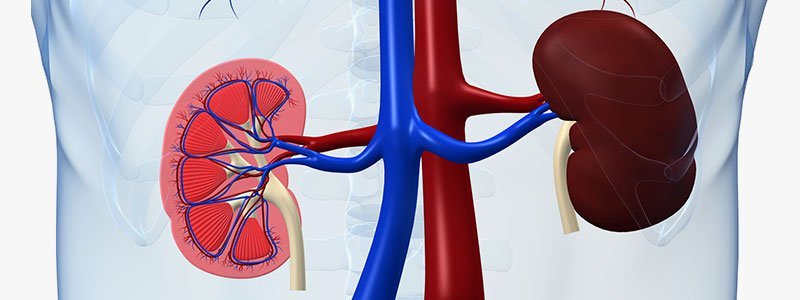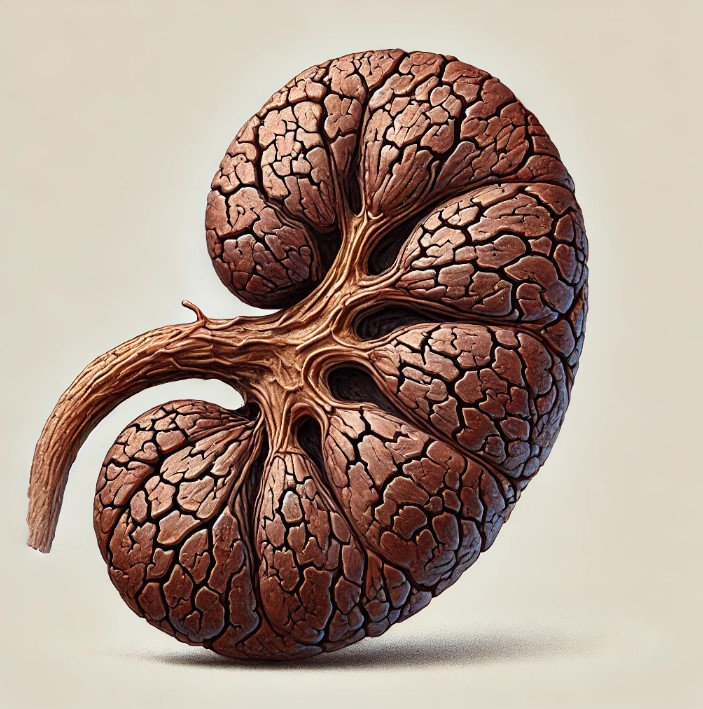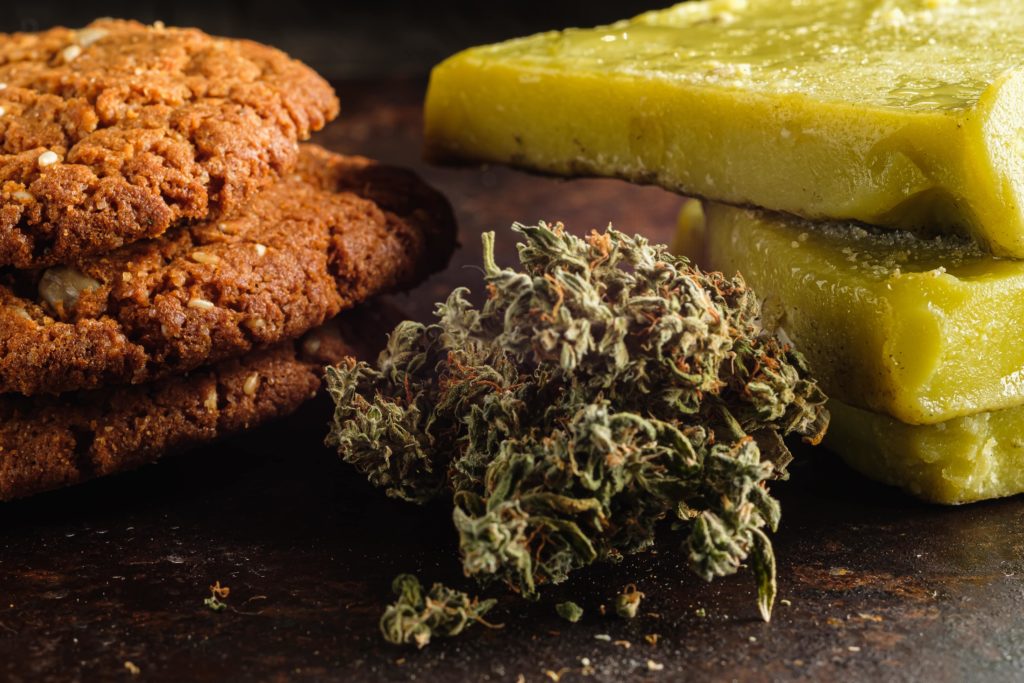The hidden dangers of infused foods: Protecting your kidneys

The consumption of infused foods, particularly those laced with marijuana, is becoming increasingly popular.
From coconut candies and sobolo to cakes and more, these foods offer a convenient and often discreet way to enjoy the psychoactive effects of weed. However, the rising trend brings significant health risks, especially to our kidneys.
While the immediate effects might be enjoyable, the long-term consequences can be devastating. This article explores five major dangers that infused foods pose to our kidneys, shedding light on an often-overlooked health issue.
1. High THC concentration and kidney stress
Infused foods often contain high levels of THC (tetrahydrocannabinol), the primary psychoactive component of cannabis. When ingested, THC is processed through the digestive system and ultimately filtered by the kidneys.
High concentrations of THC can stress the kidneys, leading to impaired function over time. Unlike smoking, where THC is absorbed quickly through the lungs, edibles cause a slower, prolonged exposure, which can be more taxing on the kidneys.

- Key point: Prolonged exposure to high levels of THC through edibles can lead to kidney stress and potential long-term damage.
2. Risk of dehydration
Cannabis, whether smoked or ingested, is known to cause dry mouth and an increased need for hydration. However, when consuming edibles, the psychoactive effects are delayed, leading individuals to potentially underestimate their hydration needs.
Dehydration can negatively impact kidney function, as kidneys require adequate water to filter toxins effectively. Chronic dehydration can lead to kidney stones and other renal issues.

- Key point: Infused foods can cause dehydration, putting extra strain on the kidneys and increasing the risk of kidney stones.
3. Increased toxic load on kidneys
Edibles often contain various additives, preservatives, and other substances that the kidneys must filter out of the bloodstream. When combined with THC, these additional chemicals can increase the toxic load on the kidneys.
Over time, this heightened exposure to toxins can impair kidney function, leading to chronic kidney disease (CKD) and other serious health conditions.
- Key point: The combination of THC and additives in infused foods increases the toxic burden on the kidneys, potentially leading to chronic kidney disease.
4. Potential for overconsumption
One of the significant dangers of edibles is the potential for overconsumption. Unlike smoking, where the effects of cannabis are almost immediate, edibles take longer to metabolize and produce noticeable effects.
This delay can lead individuals to consume more than intended, resulting in excessive THC intake. Overconsumption can cause severe nausea, vomiting, and acute kidney injury (AKI), which can be a precursor to more severe renal problems.

- Key point: The delayed effects of edibles can lead to overconsumption, increasing the risk of acute kidney injury and long-term renal damage.
5. Interaction with medications
Many people consume cannabis-infused foods without considering potential interactions with other medications they may be taking. Certain drugs are metabolized by the same pathways in the liver and kidneys that process THC.
This interaction can alter the effectiveness of medications and increase the risk of adverse effects, putting additional strain on the kidneys. Patients with pre-existing kidney conditions are particularly vulnerable to these interactions.
- Key point: Infused foods can interact with medications, potentially exacerbating kidney problems and complicating treatment regimens.
While infused foods offer a novel and appealing way to consume cannabis, it is essential to be aware of the hidden dangers they pose to our kidneys.
As the popularity of these foods continues to rise, it is crucial to educate the public on the potential health risks and encourage responsible consumption to protect our kidneys and overall health.

